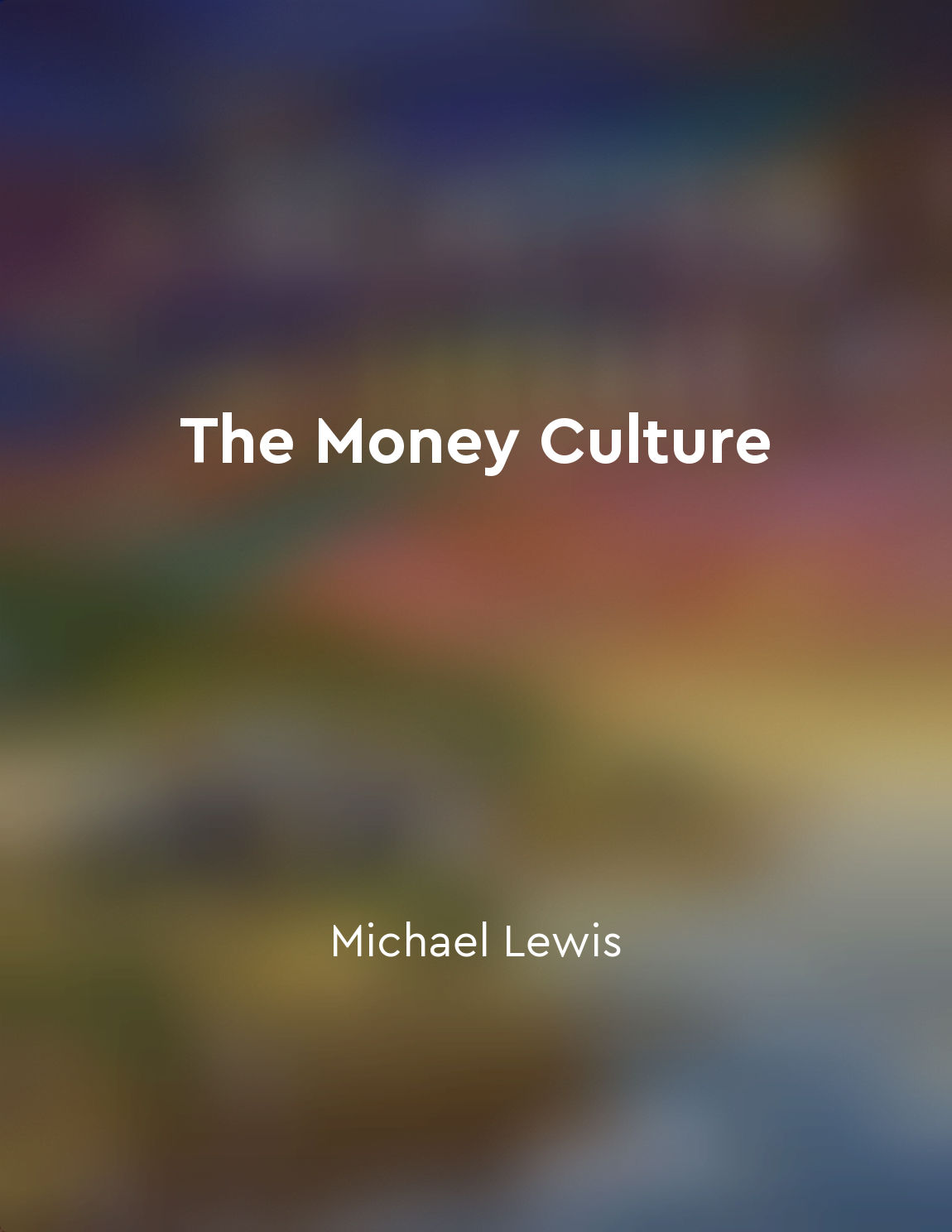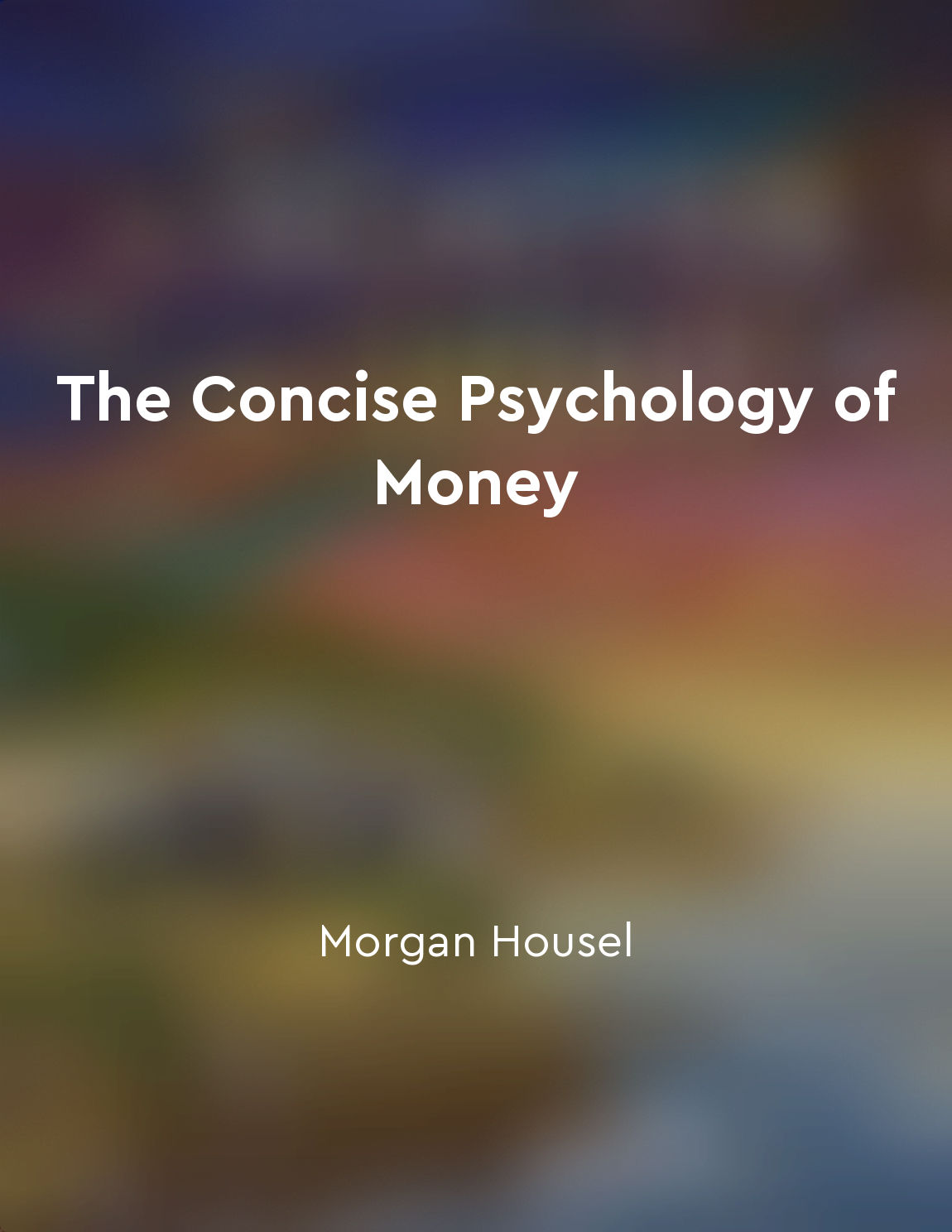Rational analysis is overshadowed by emotional impulses during financial bubbles from "summary" of A Short History of Financial Euphoria by John Kenneth Galbraith
In the heady moments of a financial bubble, rational analysis often takes a back seat to emotional impulses. Investors get caught up in the frenzy of rising prices and the promise of quick profits, leading them to make decisions based more on excitement and greed than on careful consideration of the facts. As John Kenneth Galbraith explains in 'A Short History of Financial Euphoria,' this shift from rationality to emotion is a common feature of speculative manias. During a bubble, the prevailing sentiment among investors is one of euphoria and optimism. People believe that they have discovered a foolproof way to make money and that the good times will never end. In this atmosphere, anyone who questions the wisdom of the crowd is dismissed as a pessimist or a spoilsport. Rational analysis, with its emphasis on prudence and risk management, is seen as out of touch with the prevailing mood of exuberance. The main driving force behind this shift in mindset is the fear of missing out. As prices continue to soar, investors become increasingly anxious that they will be left behind if they do not join the party. This fear feeds into a cycle of irrational behavior, as people rush to buy assets simply because they believe that others will want to buy them at an even higher price in the future. In this way, the bubble becomes self-reinforcing, with rising prices attracting more buyers, which in turn drives prices even higher. Despite the obvious signs of excess and speculation, many investors are unable to rein in their emotions and take a more rational approach to investing. The allure of quick riches and the excitement of being part of a financial mania are simply too strong to resist. As Galbraith notes, it is only after the bubble has burst and the market has crashed that people come to their senses and realize the folly of their actions. By then, however, it is usually too late, and the damage has already been done.Similar Posts

Wall Street traders driven by selfishness
The Wall Street traders care only for themselves. It's not that they don't care about other people, it's that they care about o...

Financial success is not solely determined by how much money we make, but also by how we manage and invest it
Financial success is a multifaceted concept that goes beyond just the amount of money one earns. While income is undoubtedly a ...
Mental accounting leads to irrational investment decisions
When individuals engage in mental accounting, they compartmentalize their money into different categories based on various crit...

Irrational exuberance can distort market fundamentals
The idea that irrational exuberance can distort market fundamentals is a central theme of the book "Irrational Exuberance" by R...
Behavioral finance challenges traditional economic theories
Traditional economic theories assume that individuals are rational actors who make decisions based on careful weighing of costs...
Markets are prone to sudden regime shifts
The notion that markets are susceptible to abrupt regime changes is a key concept in understanding the dynamics of stock market...
Investment strategies should consider behavioral factors
Investment strategies should consider behavioral factors. Traditional finance theory assumes that investors are rational and ma...

Market volatility can lead to wealth destruction
Market volatility, with its capricious swings and erratic movements, can wreak havoc on the portfolios of investors, causing un...
Successful investing requires a focus on fundamentals
To be a successful investor, one must have a clear understanding of the fundamentals of investing. These fundamentals serve as ...
